5 Things a Plumber Can Do That DIY Fixes Can’t
In today’s DIY-driven culture, many homeowners are eager to tackle household repairs themselves, believing they can save money or time. However, plumbing systems are intricate and interconnected, requiring expertise that most DIY efforts lack. While DIY fixes can be tempting, they often lead to more costly or dangerous problems. Professional plumbers provide accurate diagnoses, safe repairs, and long-lasting solutions that save money and stress in the long run. Knowing when to call in a professional is just as important as knowing when you can handle small jobs yourself.
1. Accurate Diagnosis of Plumbing Issues
A. Utilizing Specialized Equipment
Plumbers use tools such as pipe cameras, leak detectors, and ultrasonic devices that pinpoint problems without damaging your property. For example, if a drain is backing up, a plumber can insert a camera to find whether the issue is grease buildup, root intrusion, or collapsed piping. DIY fixes often rely on chemical drain cleaners or guesswork, which may only provide temporary relief while causing pipe damage in the long term.
B. Experience-Based Knowledge
Years of training allow plumbers to identify issues homeowners may overlook. They can quickly connect symptoms to root causes, offering precise and efficient solutions. For instance, low water pressure in one sink may appear minor, but a plumber might recognize it as a symptom of corroded pipes throughout the home. That level of insight saves time and prevents costly surprises later.
C. Understanding Complex Systems
Plumbing networks are complicated, and a small misstep can throw off the entire system. Plumbers understand layouts, water pressure dynamics, and interrelated systems, ensuring solutions are effective and safe. Something as simple as moving a pipe during a remodel could interfere with venting or cause dangerous backflow issues if not handled by someone trained in system design.
D. Identifying Hidden Problems
Many plumbing issues are hidden — like corrosion inside walls, small leaks under flooring, or failing seals. Professionals can detect and address these threats early, avoiding water damage or mold growth that might go unnoticed for months. A homeowner may think they’ve solved a leak by tightening a joint, while water continues to seep behind walls, leading to thousands of dollars in repairs later.
E. Long-Term Problem Solving
DIY fixes often treat symptoms, not causes. For example, replacing a washer might temporarily stop a dripping faucet, but only a plumber can recognize whether mineral buildup, improper installation, or high water pressure is the real culprit. Professional plumbers resolve issues at the source, offering long-term durability and saving homeowners from repeated repairs.
2. Access to Professional-Grade Tools and Materials
A. Advantages of Quality Tools
Plumbers use industrial-strength wrenches, cutters, and power tools for precision and efficiency. Hydro-jetting machines, for instance, can clear clogs more effectively than store-bought snakes. Buying or renting these tools for occasional use is impractical, making professional services the smarter option.
B. Sourcing High-Quality Materials
Professionals have access to superior pipes, fittings, and sealants that meet industry standards. These materials outperform many products available in hardware stores. A plumber not only knows which materials are best but also understands how to match them to your system, ensuring compatibility and longevity.
C. Ensuring Durability
With the right tools and materials, plumbers create repairs that withstand years of use. Homeowners benefit from work that resists leaks, corrosion, and premature wear, saving them from costly water damage or replacements down the road. According to Fixr, installing plumbing in a new house usually takes three to five days if there are no delays. Trying to do this yourself may take much longer and lead to more problems down the line.
D. Cost-Effectiveness in the Long Run
While professional services cost more upfront, they prevent bigger, more expensive problems later. Consider a DIY toilet replacement that causes a hidden leak — the water damage to flooring and subflooring can cost thousands, far more than the original installation fee. Avoiding these risks makes hiring a plumber a wise financial decision.
E. Safety Considerations
Plumbing involves risks like gas lines, hot water, and pressurized pipes. Plumbers are trained in safety protocols, preventing accidents that could harm your family or damage your home. For example, incorrectly installing a gas water heater could result in dangerous carbon monoxide leaks, something professionals are trained to prevent.
3. Compliance with Local Building Codes and Regulations
A. Knowledge of Codes and Standards
Plumbers are trained in local codes that govern safety and efficiency. DIY fixes that ignore regulations can cause dangerous conditions, affect resale value, and even void insurance coverage.
B. Avoiding Legal Repercussions
Non-compliant work can lead to fines or forced reinstallation. Plumbers protect you by performing code-compliant work that passes inspections the first time, saving money and stress.
C. Certification and Accreditation
Licensing and certifications confirm a plumber’s training and accountability. This credibility reassures homeowners that the work will be performed correctly, which is especially important in major remodels or property sales.
D. Building Permit Acquisition
Some plumbing projects require permits, especially when dealing with sewer lines or water heaters. Plumbers know how to handle this process, ensuring projects are legal and properly documented.
E. Ensuring Inspection Readiness
After major projects, inspections confirm safety and compliance. Plumbers prepare their work to meet inspection standards, helping homeowners avoid costly delays or rework.
4. Expertise in Complex Repair and Installation
A. Advanced Troubleshooting Skills
Plumbers handle challenging issues like hidden leaks or malfunctioning water heaters. Their advanced problem-solving ensures repairs are comprehensive and prevent escalating damage.
B. Handling Major Installations
Installing sump pumps, water heaters, or gas lines requires training and precision. Professionals ensure these installations are done correctly and safely, giving homeowners peace of mind.
C. Emergency Solutions
In emergencies like burst pipes, time is critical. Plumbers know how to quickly stop leaks, replace sections, and restore water safely — something DIY efforts often cannot achieve under pressure.
D. Specialized Repairs
Systems such as boilers, septic tanks, and radiant heating require unique expertise. Professionals have the training to service these systems effectively, reducing the risk of costly mistakes.
E. Integration with Home Systems
Plumbing interacts with HVAC and electrical systems. Plumbers understand these connections, ensuring their work doesn’t disrupt other household systems.
5. Efficiency and Time-Saving
A. Skilled Labor Efficiency
Plumbers finish jobs faster than DIYers thanks to years of practice. A clogged drain that may take a homeowner hours can be resolved by a professional in minutes.
B. Resource Allocation
Professionals match the right tools and techniques to each job, reducing wasted time and materials. This organization keeps projects efficient and cost-effective.
C. Minimizing Downtime
Essential systems like toilets and hot water heaters need to stay functional. Plumbers minimize downtime, restoring service quickly to reduce disruption to daily life.
D. Proactive Problem Prevention
During service, plumbers often spot warning signs of future issues — such as corrosion or poor installation — and address them immediately. This foresight saves homeowners from emergencies down the road.
E. Streamlined Processes
From initial diagnosis to cleanup, plumbers follow proven processes. This systematic approach ensures quality work and prevents overlooked steps that can lead to repeated problems.
Hiring a professional plumber offers far more than just fixing a leak or unclogging a drain. From accurate diagnoses and high-quality repairs to legal compliance, safety, and warranty protection, plumbers provide advantages that DIY solutions cannot match. Their efficiency saves time, their expertise prevents long-term damage, and their insurance and guarantees protect homeowners from unnecessary risk. Ultimately, professional plumbing services are not just a convenience but an investment in your home’s safety, efficiency, and long-term value. When it comes to your home’s plumbing, choosing a professional is always the smarter decision. When you need a plumber, don't DIY. Instead, call C & C Mechanical Plumbing and Drain Cleaning.
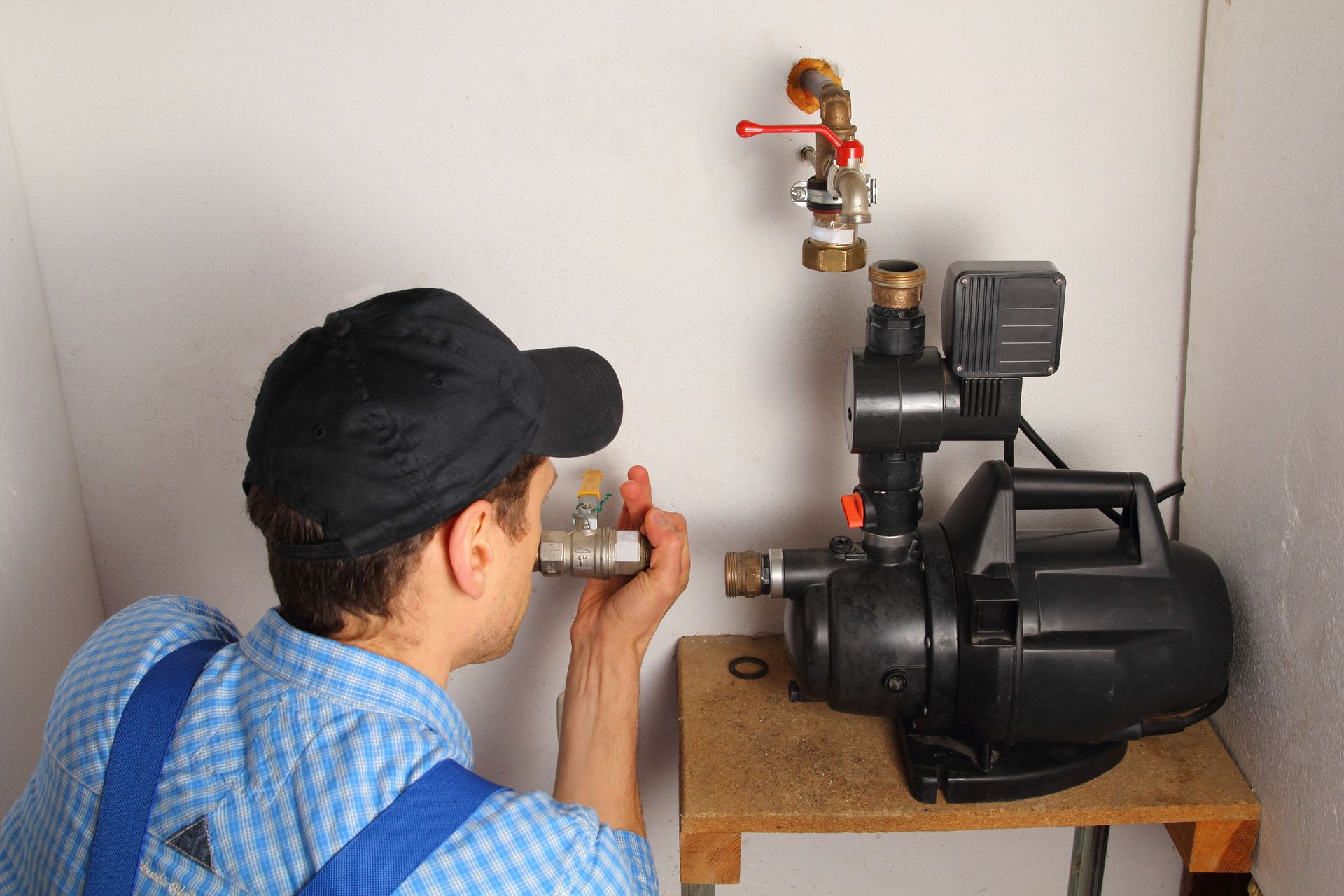
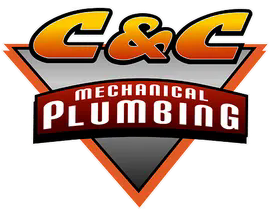
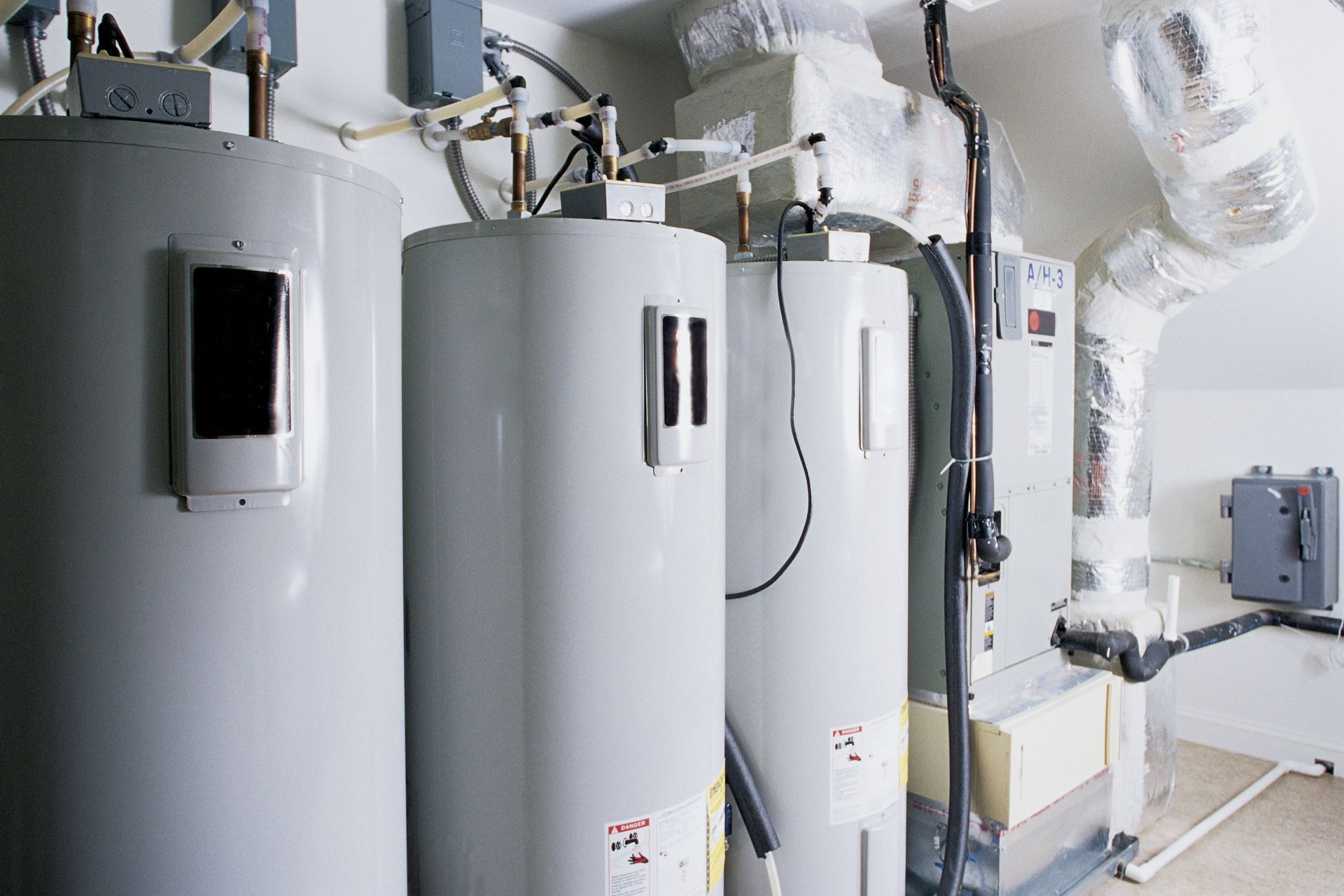
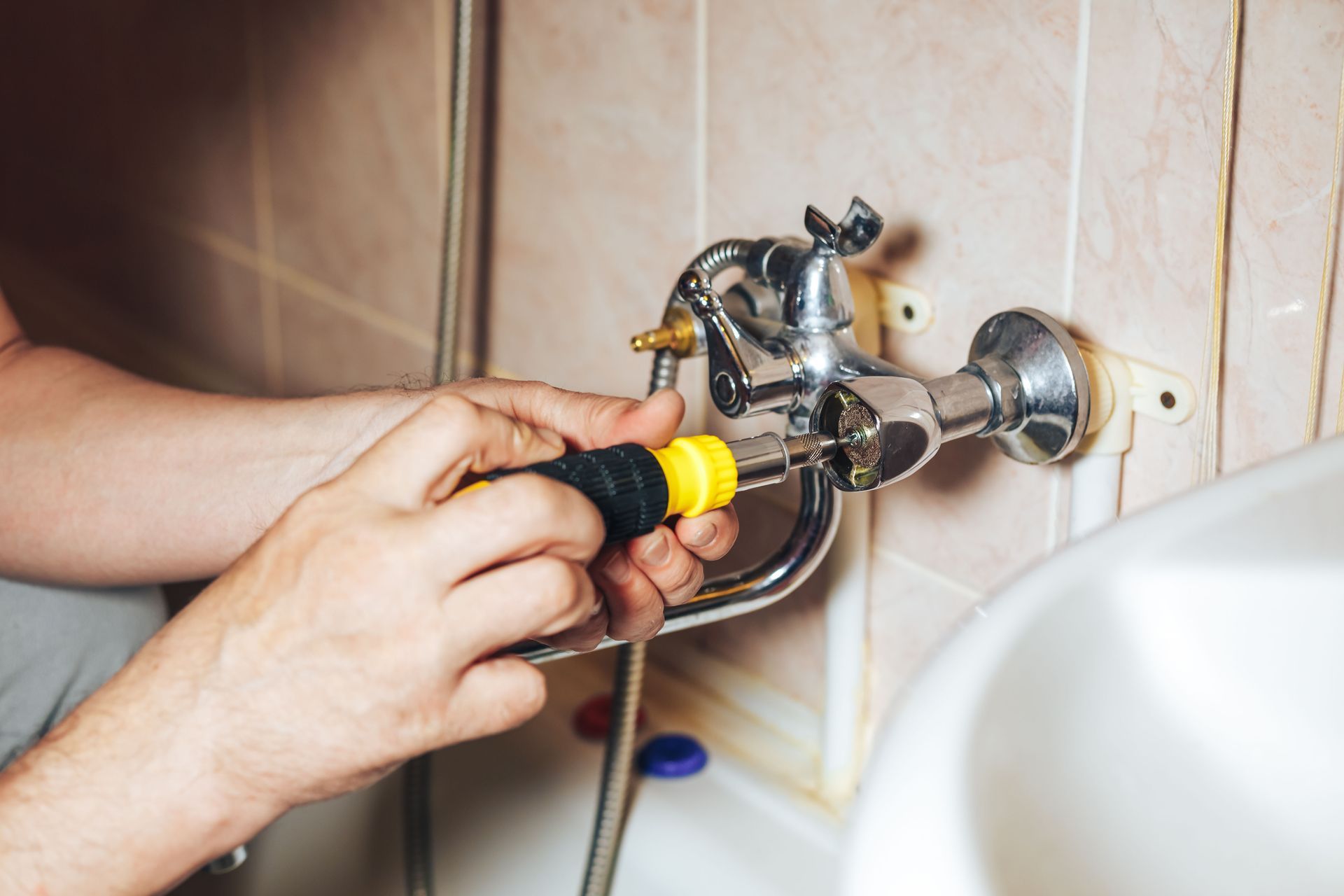
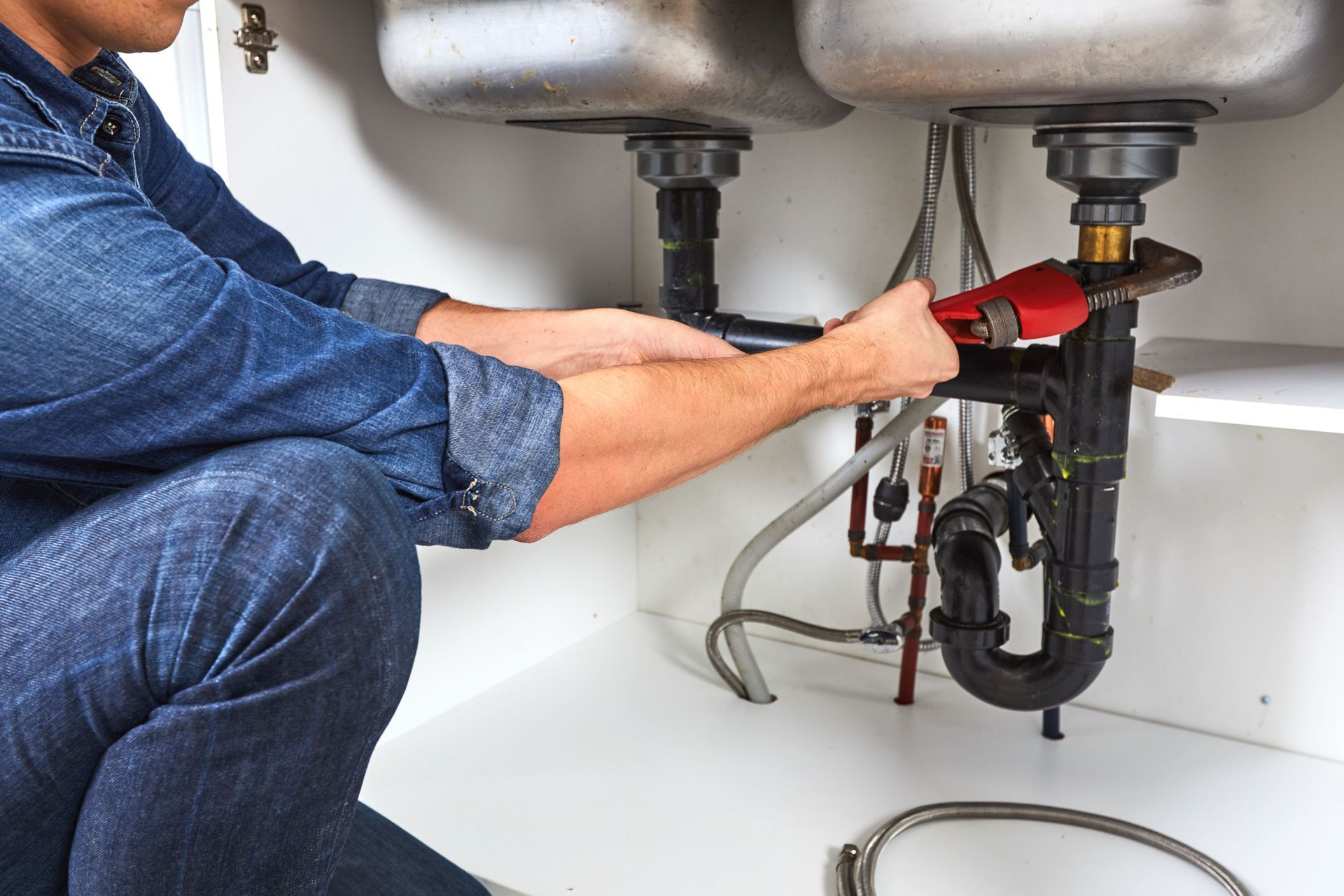
Share On: